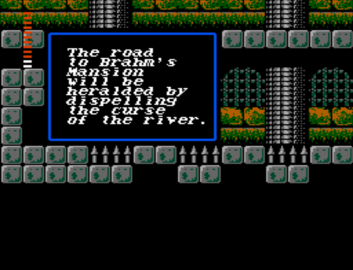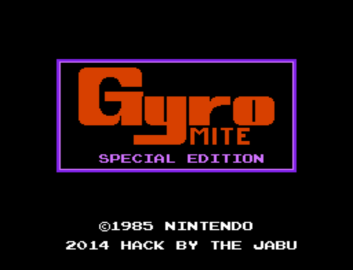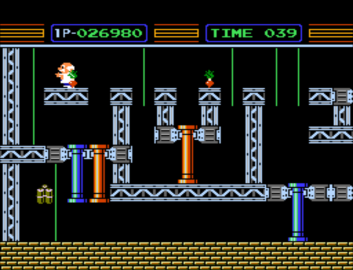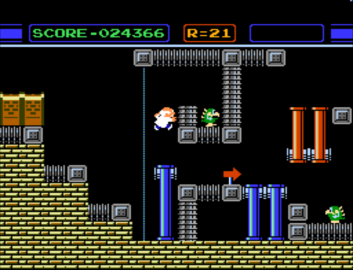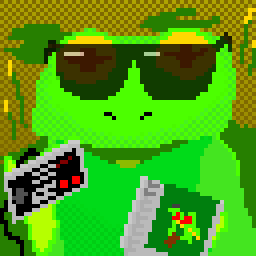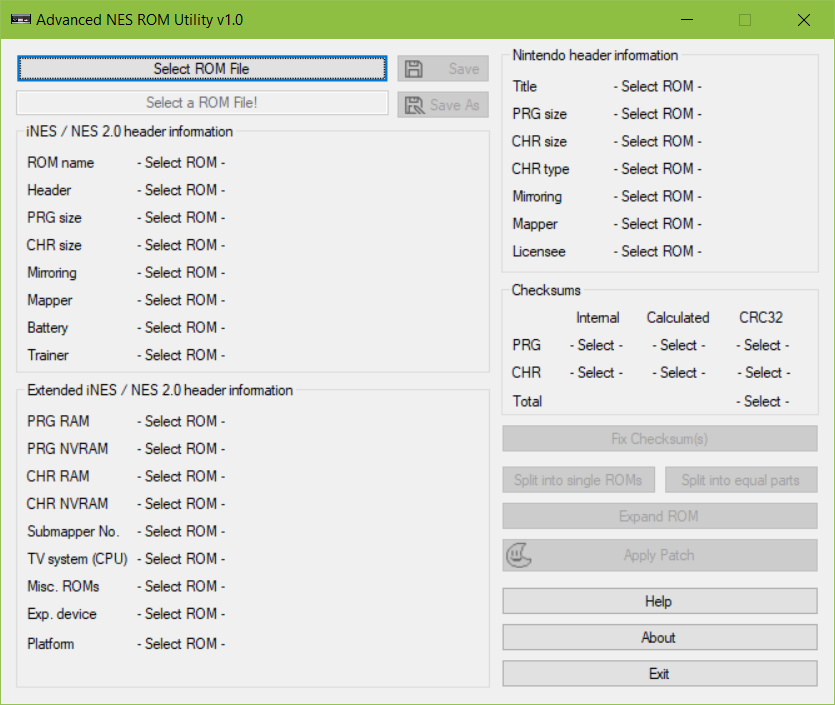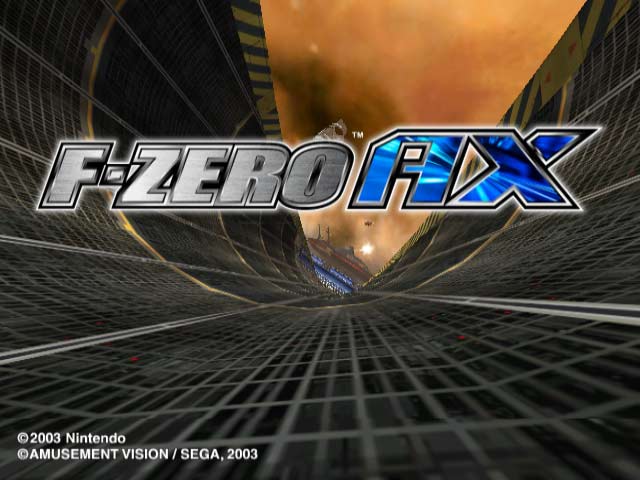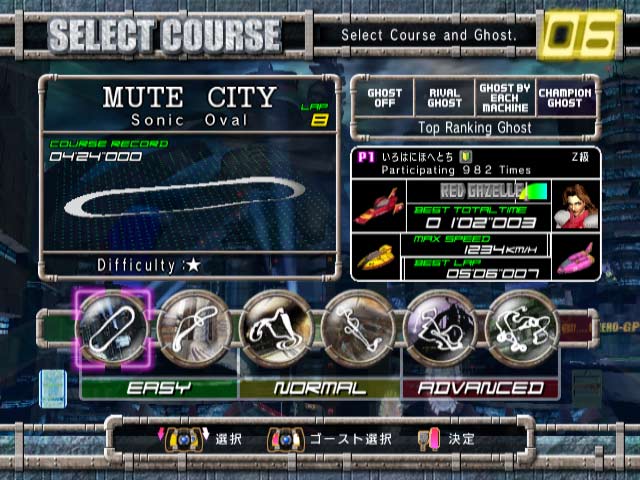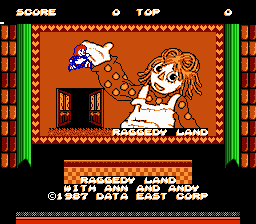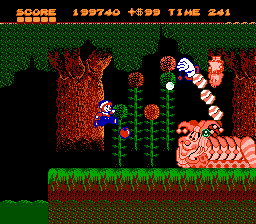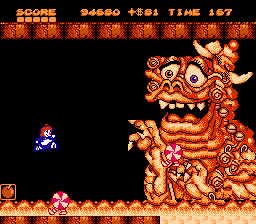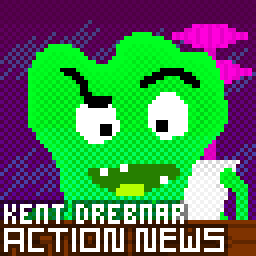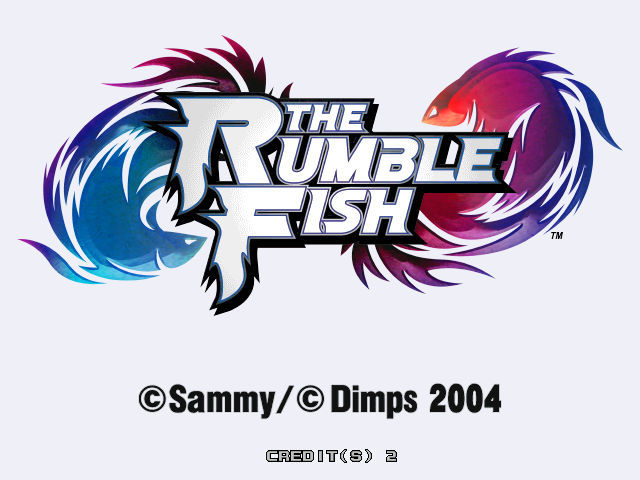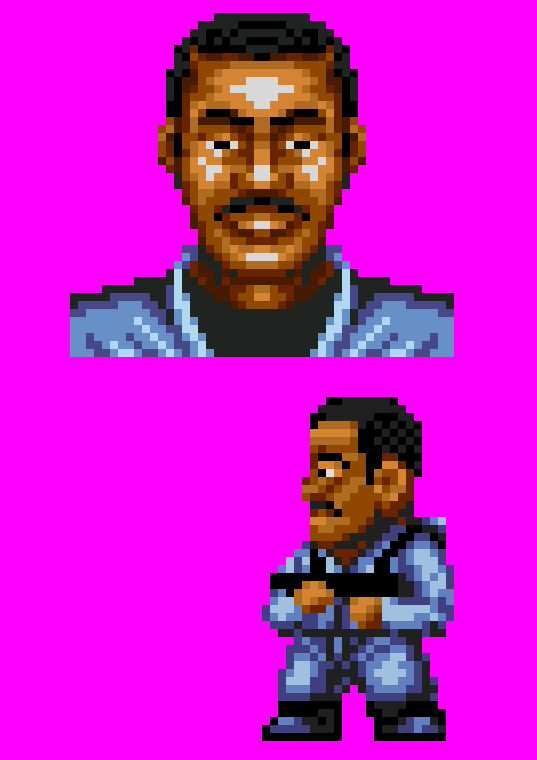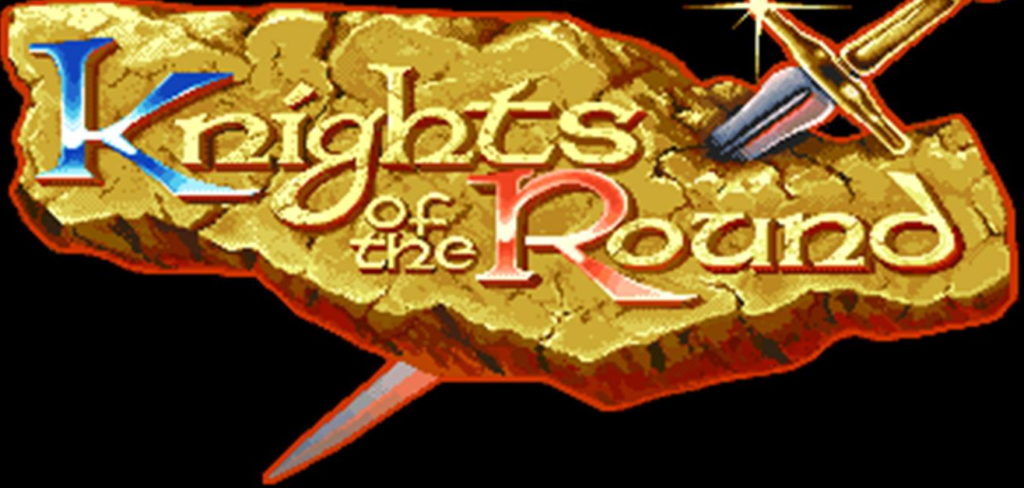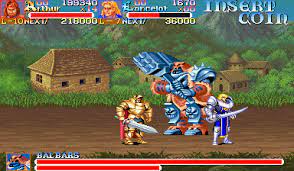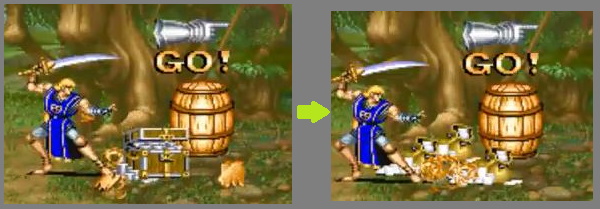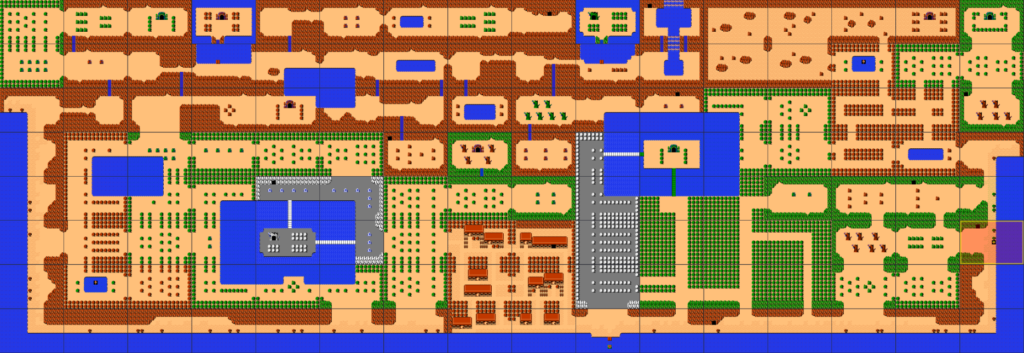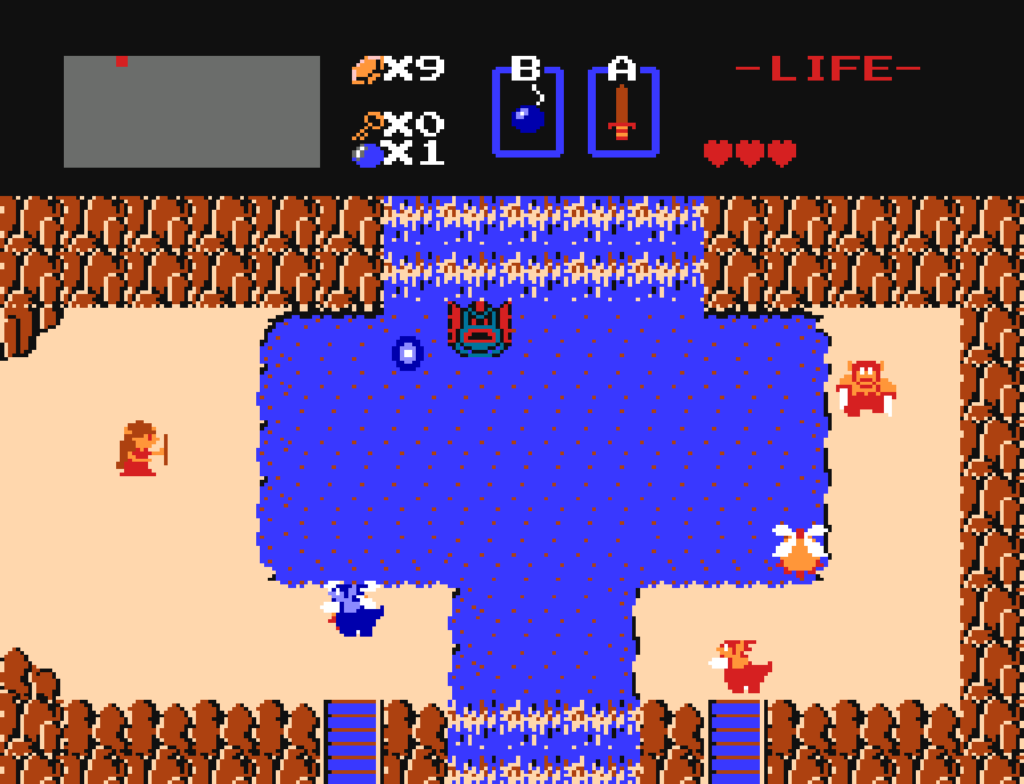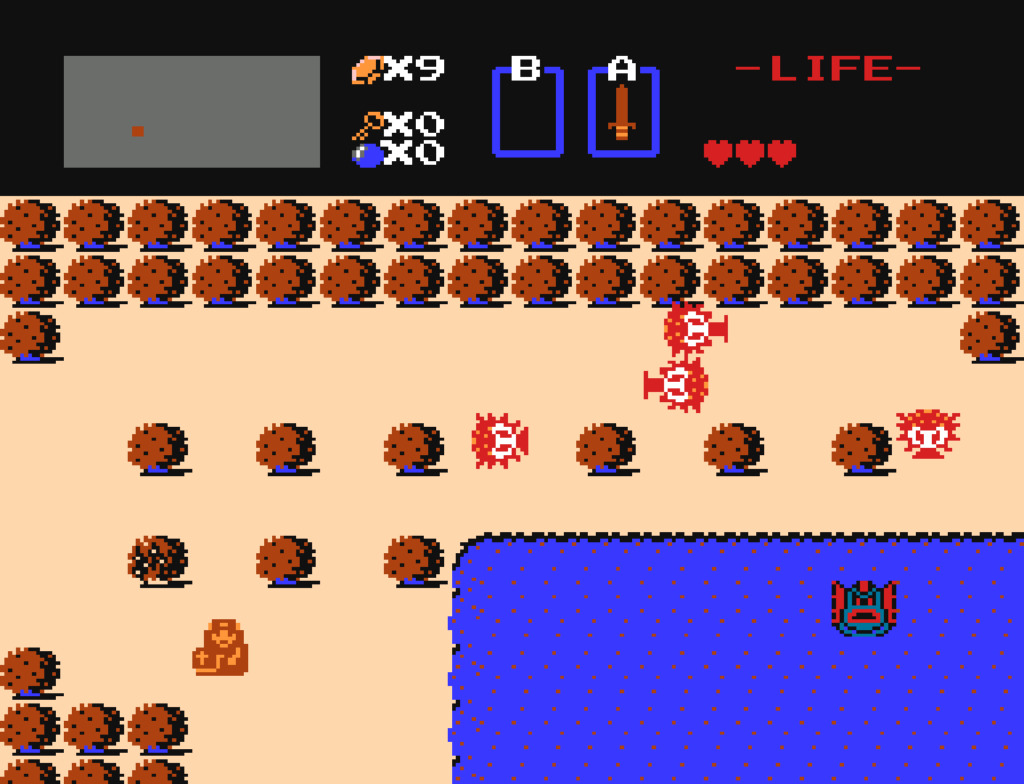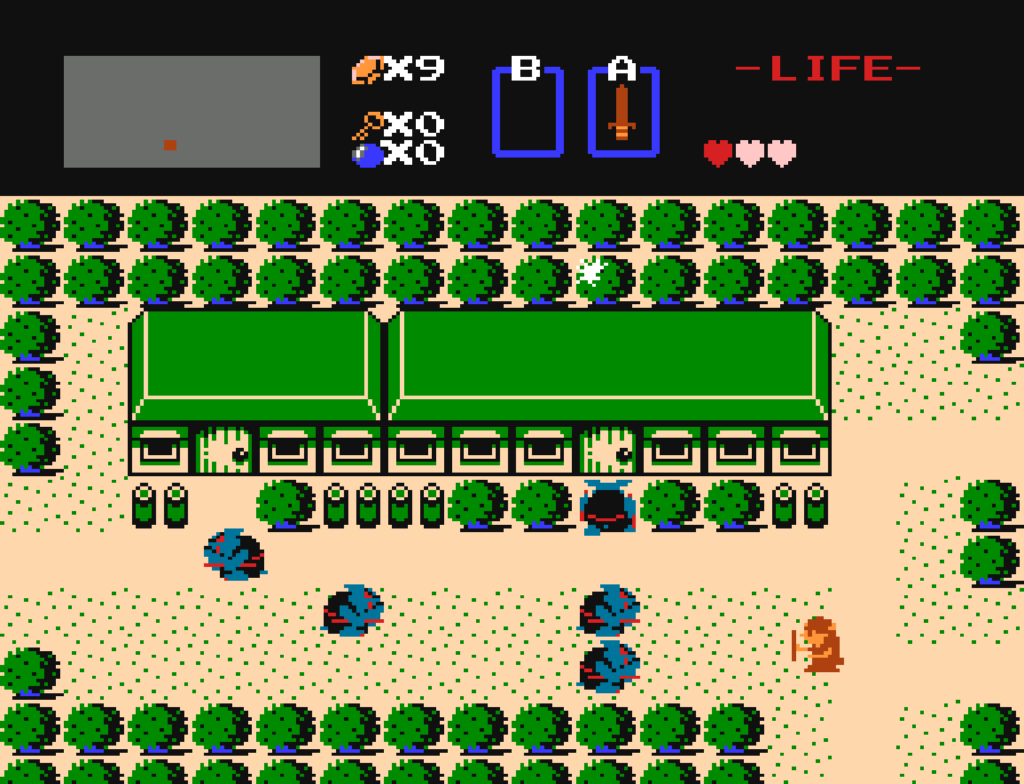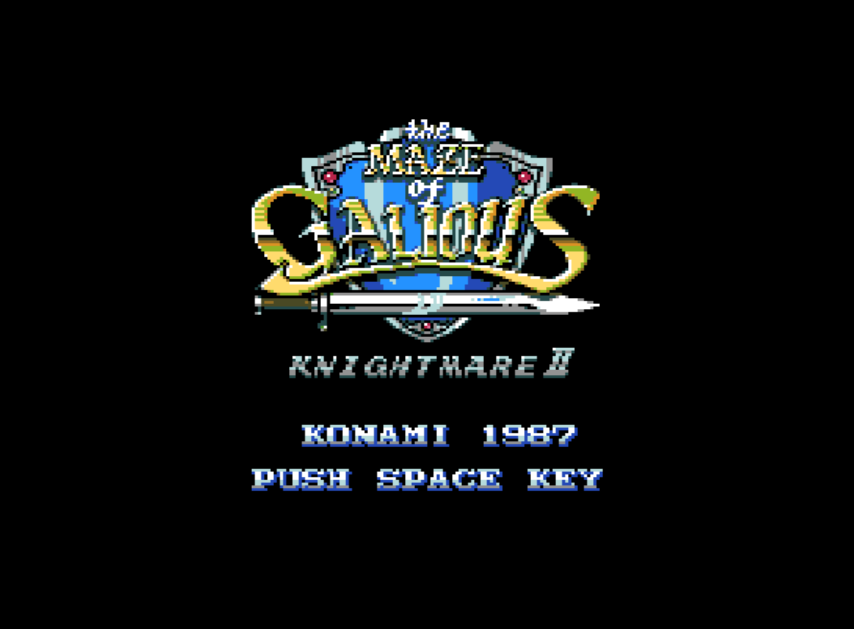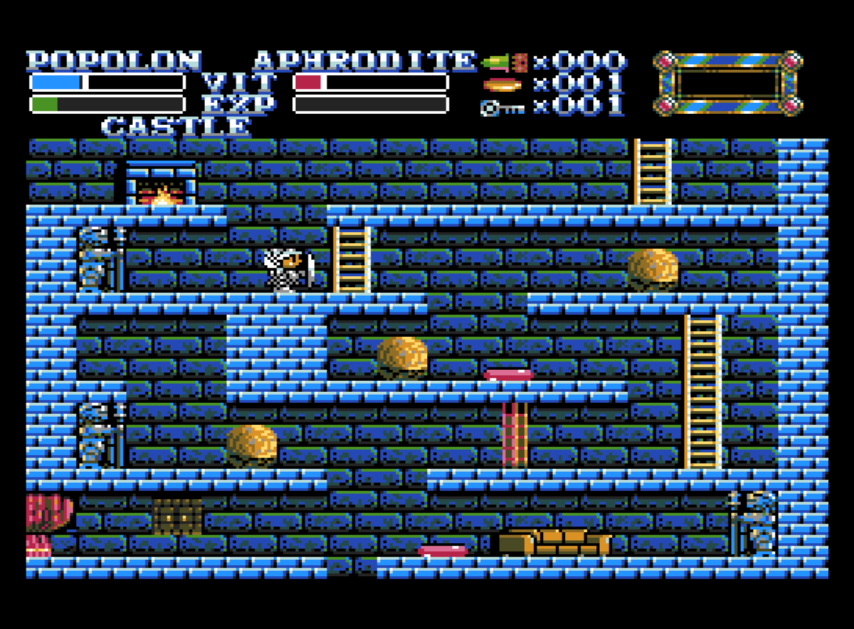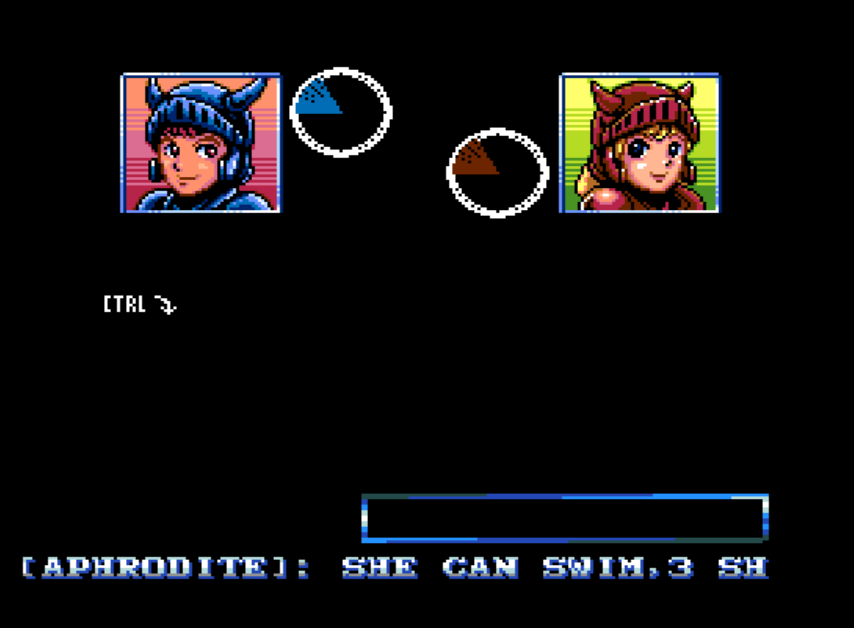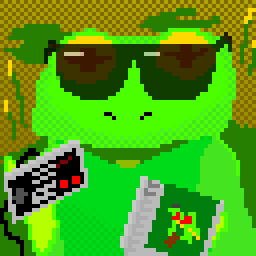
On Romhack Thursdays, we bring you interesting finds from the world of game modifications.
Castlevania II is an infamous entry in the series. While it’s the first Castlevania game to use the “Metroidvania” structure that would be more solidly associated with it after Symphony of the Night, there were a lot of… controversial elements? Townsfolk often lied to the player (in all versions of the game), and sometimes their hints were badly translated. A few places required the player to do arbitrary things without much prompting to proceed. And there were the timed scene transitions, between day and night, which some people have (rather unfairly I think) fixated upon as a major flaw.
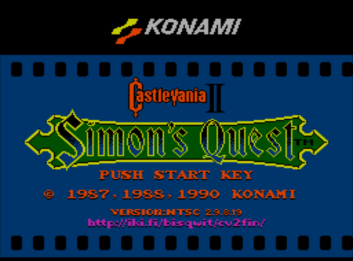
There’s more. The Japanese version of the game came with a map of the countryside that was left out of the U.S. release, meaning, some locations in the game were not even given names that a player could discover in the game, which in a couple of places required them to guess which location was meant by a clue.
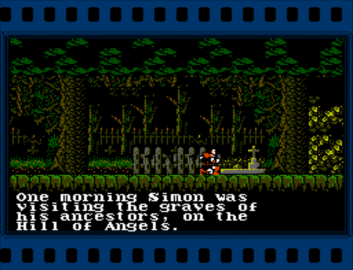
To the rescue of a player trying to appreciate this game now comes Bisqwit, a.k.a. Joel Yliluoma, and his Castlevania II Retranslation project. It doesn’t remove the townspeople telling incorrect things (which was intended by the developers-why should a random villager happen to know for certain anything to do with destroying Dracula?), but it does make their hints more comprehensible, remove the reliance on guidebooks and FAQs that have interfered with the efforts of many to enjoy the game, and it greatly speeds the transitions between day and night. It even offers an animated prologue (wait from the title screen) and an in-game map, based on the one in the Japanese manual, to lend context to the player’s explorations.
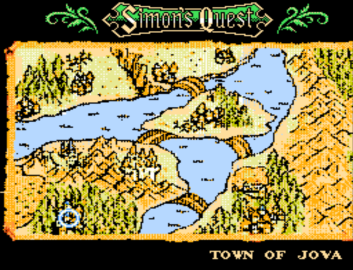
There are plenty of other new features too, such as an end-game report that gives your win time and SRAM-based (battery-backed) save games. Some of the new features require better hardware than the original game had, which may limit what devices can run it, so Bisqwit thoughtfully provides a website that allows the player to customize the modification to their liking. Go there, choose the options you want (which includes language – if the site isn’t in English click the button to the left) then click the Download button to get a version with features set to your requirements and/or liking.
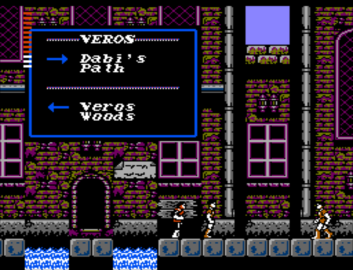
Lots of romhacks seem superfluous relative to the original game, but Bisqwit’s translation patches substantively improve upon the original game in many ways. It really is the best way to experience Castlevania II. If you’ve played it before you should give it a try; if you haven’t, I strongly suggest playing this version, instead of having to suffering through the original’s quirks. At the very least you it’ll mean won’t end up having to resort hunting up a thirty-five-year-old FAQ before the end.
And if you like the patch, why not have a look at Bisqwit’s Youtube channel, which has a lot of interesting technical content on it, much of it unrelated to video games?
